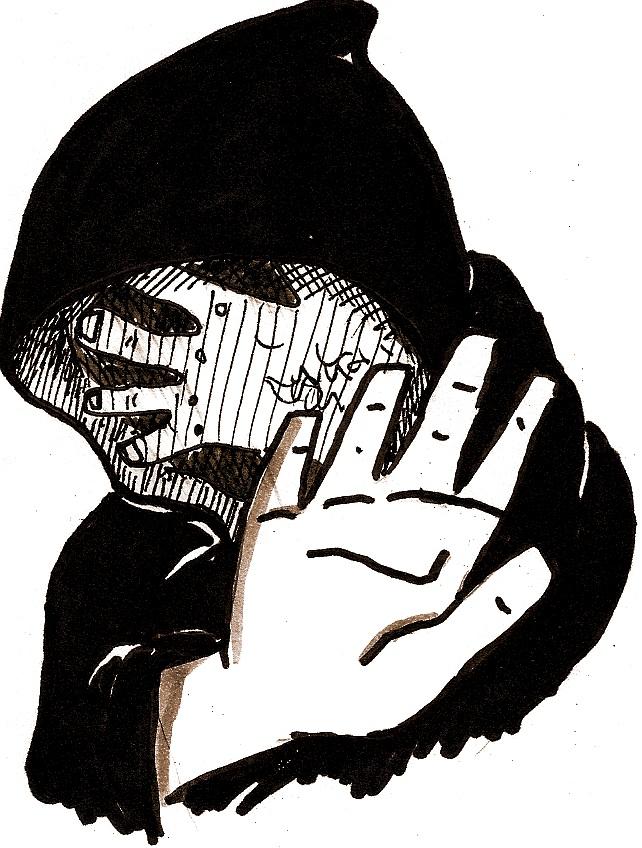
If you saw “Juno,” you’ll remember lead actress Ellen Page as hilarious, quirky and immensely lovable and sympathetic, so it’s a bit shocking to see her twist those qualities in “Hard Candy.” Her character Hayley remains entertaining, intelligent and compelling, but also cruel and lethal.
“Hard Candy” is appropriately named: it’s not kind to the viewer, but the result is ultimately rewarding. The story follows a young and seemingly innocent girl as she meets an older photographer over the Internet, accompanies him to his house and flirts with him.
Then things get heavy. The photographer, Jeff (portrayed by Patrick Wilson), may or may not be a murderous sex offender. Hayley spends the rest of the film crossing boundaries of ruthlessness in an attempt to discover his guilt and avenge his potential victims.
The film aims and succeeds in making the viewer supremely uncomfortable. Wilson is handsome and charismatic, and his fear, bewilderment and suffering are sickening to watch. Page is both vulnerable and strong, and one can’t help being delighted at her brilliant resourcefulness. One wonders if she is going too far, cheering her on in righteous anger.
In terms of the question of vigilante justice, “Hard Candy” makes Joel Schumacher’s “A Time to Kill” look, well, black-and-white. Be prepared for your sympathies to be extremely confused. The mixture of innocence and hard-bitten brutality is somewhat nauseating.
However, it’s also enjoyable to watch a film that so wholly engages our minds. The viewer must be in constant mental dialogue with the film’s characters and with their own experiences. What would I do in her place? In his? Do I believe him? Is this right? Those who enjoyed the ethical challenges of “The Island” should try this film.
Beyond the unrelenting tension and the cerebral nature of the film, its technical aspects also shine. The vast majority of screen time is shared solely between Page and Wilson. It is remarkable that a film places such high burden of dialogue on two actors and remains so totally captivating. Considering Page’s youth, her fearless domination of her character is even more impressive.
The weight of dialogue falls even more heavily because of the film’s sparse soundtrack. It consists mainly of low sounds bordering on inaudibility and muted tones that masterfully enhance the tension.
The movie’s visuals also lend strongly to its effectiveness. The entire film is digitally colored by Jean-Clement Soret, who chooses colors that burn candy-bright, seducing the viewer. The overall color scale shifts based on the mood of the characters, and makes the emotions palpable.
Simple and stark, the film is both engaging and beautiful. Netflix it.


